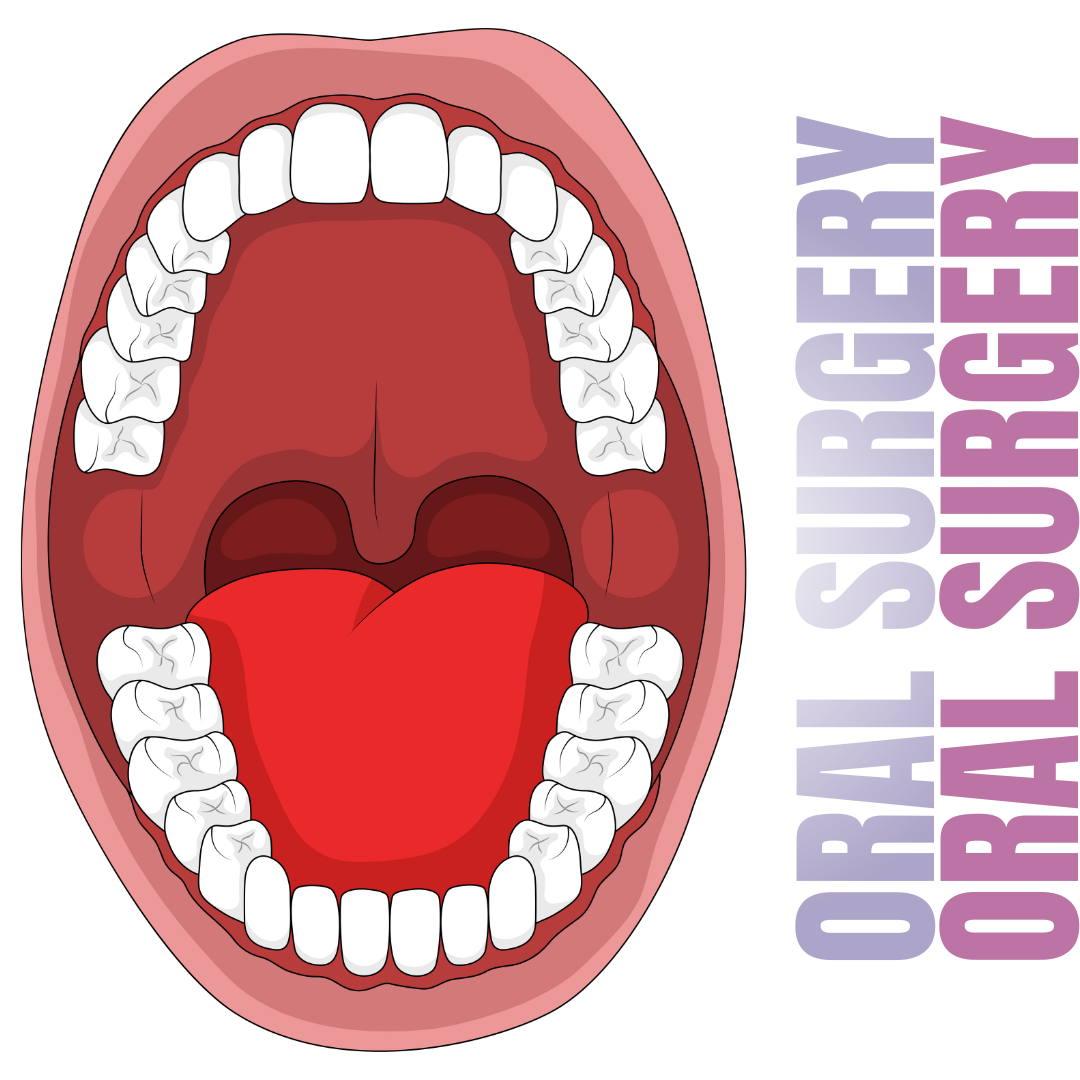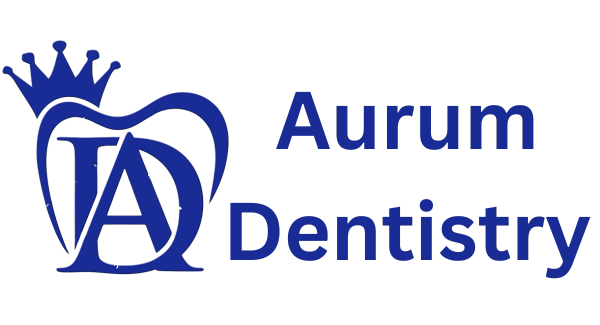WHAT IS ORAL SURGERY?
Oral Surgery is used for treating complex dental issues and medical conditions related to teeth, jaws, mouth, and face. Oral Surgery includes dental implants, dental extraction, jaw surgeries and gum grafts. Oral Surgery is performed by our oral surgeon or dental specialists who have advanced skills and expertise.
Talk to a Dentist

Reasons why oral Surgery is performed performed?
The dentist could suggest oral Surgery for a number of reasons, and here we are recommending a few of them-
- Extensive tooth decay: Do you have severe tooth decay? Tooth decay can damage the tooth surface & enamel. Before it damages the surface of teeth, visit dentists for oral Surgery.
- Badly broken teeth: If you have broken, chipped, or fractured teeth, then see your dentist as soon as possible. Before it causes damage to your oral health, prefer oral Surgery.
- Gum disease: Gum disease is an infection of tissue that holds your teeth in place. It’s caused by poor brushing & flossing habits. If you have swollen, bleeding, and red gums, then ask dentists for oral Surgery.
- Impacted teeth: Impacted teeth may be caused due to overcrowding and leave no room for teeth to emerge. Impacted teeth may also become twisted, displaced, and titled, and they need to be recovered with oral Surgery.
- Missing teeth: Missing teeth is common among people and if you are badly involved with this dental condition, ask your doctor for oral Surgery.
- Temporomandibular joint disorders (TMD): Do you have Temporomandibular joint disorders? If yes, visit the oral surgeon for oral Surgery.
- Bone loss in your jaw: In this condition, dentists always suggest oral Surgery for longer protection and safety measures.
- Oral cancer: If you are undergoing oral cancer, the dentist will suggest oral Surgery to get back to normal life.
- Benign oral pathology (noncancerous lumps or bumps): This condition is also associated with the dermatology condition that requires treatment as soon as possible.
Discover the types of oral Surgery we offer at our AURUM DENTISTRY Clinic
Every year, our oral surgeon performs a different kind of oral Surgery, and here are some of them-
- Tooth extraction: Tooth extraction or tooth removal is the common oral Surgery. Our dentist might recommend removing a tooth if you have severe gum disease, tooth decay, wisdom tooth complications, and dental trauma. Sometimes, tooth extraction is recommended to prepare for dentures & other devices. We do our best to save your tooth, but sometimes, extractions are crucial to preserve your oral health. Many dentists suggest the removal of wisdom teeth to eliminate the risk of bone loss, cavities, and other problems.
- Dental bone graft: If you are suffering from severe jaw pain, a dental bone graft is necessary. When your natural teeth are in good condition, the dental roots stimulate the nerves in the jaw. It sends signals to your brain & sends nutrients to your jaw to keep it healthy and strong. However, if any of your teeth have been missing, then bone deterioration may occur since there are no roots that stimulate your nerves.
Through dental bone graft treatment, you can restore the density & volume of the jawbone so that dental implants can be placed. Sometimes, an oral surgeon might place the bone graft during periodontal Surgery. By taking this treatment, you can get a solid foundation to keep your teeth healthy and strong.
- Dental implants: This is the most popular, long-lasting, reliable teeth replacement option available. Dental implants are small threaded posts that are manufactured with medical grade zirconia or titanium, which are embedded into the jaw in place of missing teeth roots. Once you are healed, the implants can be restored with dental bridges, crowns, or dentures.
- Periodontal Surgery: Are you undergoing a moderate and severe level of periodontitis? If, yes, our gum specialists may recommend gum disease treatment. In periodontal Surgery, incisions are prepared along the individual’s gum line & the tissue is temporarily shifted back away from the teeth.
The oral surgeon will clean your teeth roots to clear all the bacteria and plaque that you have accumulated under your gums. At last, the gum tissue is repositioned. In case the gum recession occurs after periodontitis, you may need a gum graft where our surgeons reinforce the part of tissue loss with donor tissue.
- Corrective jaw surgery: This Surgery, also known as orthognathic Surgery, addresses skeletal jaw bone abnormalities. The procedure may require enhancing the chewing function, improving the misalignment, and addressing the facial imbalance. We also recommend this Surgery to patients undergoing TMJ dysfunction.
- Palate & cleft lip repair: Suppose a baby born with a cleft lip has an opening in their upper lip, while a baby born with a cleft palate has an opening in the roof of their mouth. Palate & cleft lip occurs when the facial structure doesn’t fully develop in the uterus. Our oral surgeons perform palate repair and Cleft lip to restore normal eating function & help the child develop their speech patterns.
- Maxillofacial surgery: A highly trained oral surgeon performs Maxillofacial Surgery. It is recommended to treat various oral diseases, fixing injuries and correcting facial defects. This procedure is carried out to get relief from pain and restore deformities. Dentists suggest this surgery to relieve pain and improve jaw bone function. The surgery is addressed to diagnose chronic dental pain, place dental implants, extract the impacted teeth, treat oral disease and place dental implants. After maxillofacial surgery, apply ice packs to minimize the inflammation, and avoid crunchy and hard food, smoking and alcohol. Take a doctor’s consultation before and after the surgery.
Who can perform ORAL SURGERY?
Oral Surgery is performed by our expert oral surgeons, who have years of experience in this field. We have gum specialists and oral health specialists in our team who perform Surgery on the bones and gums that support teeth. The experts performing this procedure should have 3 to 4 years of training after graduating from dental school.
(FAQ) Frequently Asked Questions
Q.1: What should I expect before oral Surgery?
When you come to us, our healthcare specialist will perform a comprehensive evaluation to check gums, teeth, jaw joints, and the surrounding structure. Our oral surgeons will also take dental scans & X-rays to get a clear view of nerves, teeth roots, jawbones, and other oral parts. By collecting all this necessary information, they will tailor a treatment plan.
Q.2: What to expect during oral Surgery?
Oral Surgery is performed in the dental office. Since it’s an outpatient procedure, your surgeon may offer a sedation option to make you feel comfortable. The sedation includes oral medications, nitrous oxide, and IV moderate & deep sedation. We ensure to offer successful treatment with great care and precautions.
Q.3: How long does it take to complete oral Surgery?
The time of completing oral Surgery depends upon multiple factors that include what type of oral Surgery you are having, how many teeth are being treated, etc. To extract one tooth takes almost 30 minutes, but if the process is complex, like if it’s about jaw surgery, then it takes 2 to 3 hours.
Q.4: What should I follow after oral Surgery?
During the oral surgery procedure, you will be given detailed instructions from our dentists. It’s necessary to follow these guidelines and precautions closely to minimize the risk of infection, bleeding, and other complications!
Q.5: Does oral Surgery come under medical insurance?
When it’s about insurance, most of the oral Surgery falls under dental benefits. However, there is some time when oral Surgery is covered under medical insurance. If you have been involved in the required oral Surgery, or an accident in the hospital setting, then it will likely be covered in the medical insurance. The medical insurance plan & policies might vary, so ask your healthcare provider before involving yourself in the Surgery. Medical insurance covers some oral surgeries, but not all of them.
Q.6: What are the benefits of oral surgeries?
- Avoid significant damage
- Address the dental health problem quickly
- Achieve long-term tooth replacement
- Help to restore the self-esteem
- Restore your smile
- Prevent tooth loss
Q.7: What’s the recovery period of oral Surgery?
The healing time of oral Surgery varies from individual to individual. Most of the people feel perfectly fine even in one week. The more complex oral Surgery you have, the more time you need for recovery. If you face severe discomfort, visit our dentist.
Q.8: When can I get back to my work after oral Surgery?
People can get back to their work within 3 days of their oral Surgery. If you have complex Surgery like jaw surgery, then it could take a bit longer!
Q.9: What should I eat after oral Surgery?
After oral Surgery, you must avoid crunchy and hard foods. Eat soft foods like soup, yogurt, mashed potatoes, puddings, egg, rice etc. For beverages and desserts, you can try milkshakes, cold foods, ice cream, etc. Consuming cold food can soothe your surgical area and promote faster healing.
Q.10: When Should I Visit the Dental Clinic?
If you have gum, jaw pain, tooth pain, and other dental issues, then you should schedule an appointment with the provider right away. If you have recently undergone oral Surgery or if you have severe tooth pain that doesn’t heal after taking medication, then you should call the dentist.
Q.11: Are you searching for oral surgeons?
Aurum Dentistry Dental Clinic is a top-notch oral health clinic where dentists use advanced surgical techniques to offer advanced care through less invasive methods. Through oral Surgery, you can restore your oral health conditions and get a quality life.









